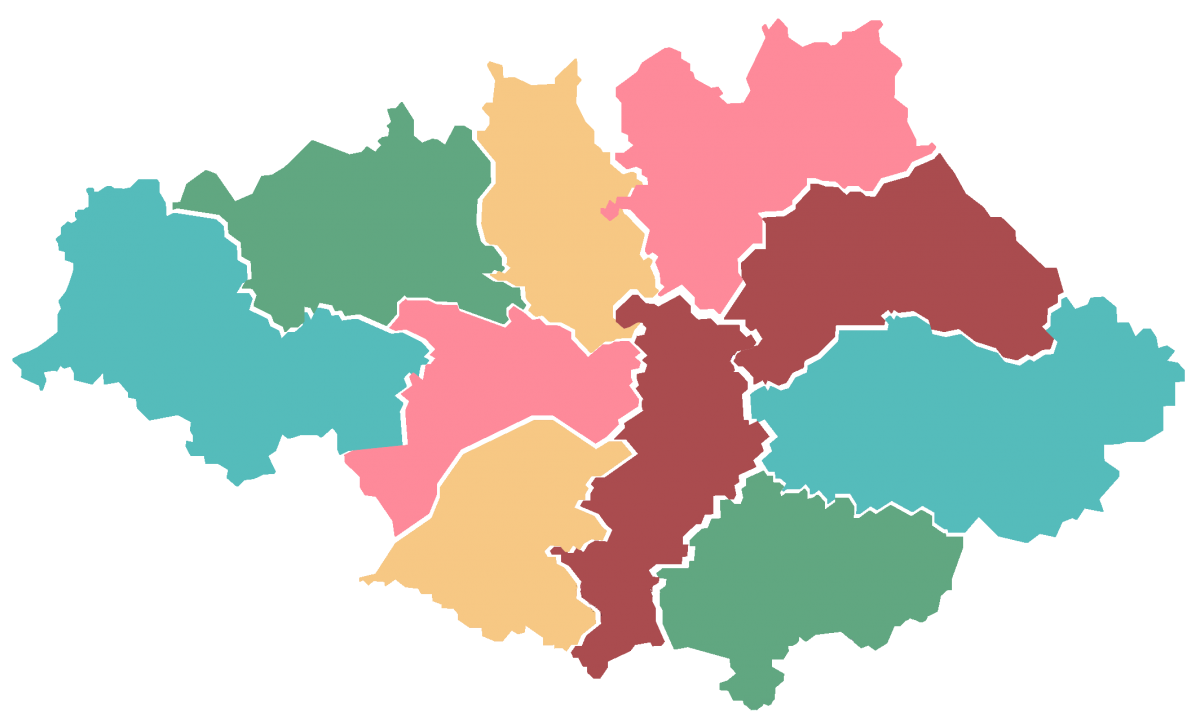 GM Cooperative Commission
GM Cooperative Commission
Making Greater Manchester the most cooperative place in the UK
 GM Cooperative Commission
GM Cooperative CommissionMaking Greater Manchester the most cooperative place in the UK
By Cliff Mills
Talk about disruption!
Unless you are a hermit, it is difficult to imagine anybody whose life has not been impacted – if not turned upside down – by coronavirus.
Nobody wants this. Nobody wants the anxiety over their own health and that of loved ones; nobody wants the lost income, the inability to meet financial obligations to landlords, banks, utilities and employees; nobody wants the uncertainty, the inability to plan, or the fear of the unknown that it entails.
But please don’t think me cynical, or uncaring, or just plain mad if I seek to point out a probable silver lining to this otherwise very dark cloud.
If you are one of those people like me, who thinks that the world as it is today – the way that it currently operates, the way it is controlled and organised, and the way that it fails to act in the best interest of many if not most people – is disastrously wrong, then you might have a different take on what is going on.
You may not be following what is happening on the financial markets, but on 12th February 2020, the Dow Jones Industrial Average recorded its highest ever closing price (US$ 29,551.42 if you are interested). Business was booming; well, it was booming for some, but it didn’t feel like that to lots of people.
Five weeks later, the Dow Jones has lost about a third of its value and closed last Friday 20th March at US$ 19,173.98. Coronavirus has struck and thrown a comprehensive spanner into the works of the capital markets.
When there is a market failure, or a crisis of any sort, people react in a particular way. Of course, there are those who merely seek to take advantage of the vulnerable; but in general humans do the opposite – as social creatures they look out for each other. We respond collectively, because we want life to continue as normally as it possibly can. We co-operate, which is a basic, normal, human instinct.
It’s what happened in a number of places in nineteenth century as the industrial revolution wrought havoc on people’s lives. It led to credit unions, co-op stores, building societies, friendly societies to protect people against sickness, accidents and bereavement, and mutual insurance. Over the course of 100 years or so, this became a way of life, and the older folk remember it.
The problem with co-operation as a way of life is that at some point, people can begin to feel that things are getting rather dull and need stirring up a bit. Then that other basic human instinct takes over again – competition. A striving for personal ambition, glory and financial success; of course, creating jobs and income and tax revenues and all those other things as well; but essentially the pursuit of private gain.
And that’s the basic difference; co-operation is for the common good; competition is for private benefit. But competition feels like so much more fun, so much more challenging and interesting, and it’s what make lots of people get up in the morning. It is the foundation of the worlds’ economies, what the modern world believes in and is hooked on. That’s because it is potentially so much more rewarding. Well, it is if you’re on the right side.
Co-operation has been less fashionable in recent decades, a bit “last generation”, if not the one before. Probably since the 1960s actually, when the post-war reconstruction period gave way to growing prosperity, a culture of individualism and the pursuit of personal ambition and fulfilment. Why do anything collectively when we can do it on our own now? Who was interested in community any longer?
But in times like now, people turn to co-operation again, and competition is put on hold. We can only cope this by working together. We won’t compete our way out of the coronavirus crisis; but we can certainly do our best to co-operate out of it. It’s basic human instinct.
When Mayor Andy Burnham set up the Greater Manchester Co-operative Commission, neither he nor we had any idea what was around the corner. We all probably assumed that we would continue the usual battle, from the margins, of encouraging people and organisations to co-operate more for the benefit of all. Then disaster struck.
So life is on hold, the mayoral and other local elections have been put back a year, and we have the recommendations of the Greater Manchester Co-operative Commission to implement.
Everything looks different now.
Cliff Mills, Anthony Collins Solicitors, Member of the Greater Manchester Co-operative Commission
The GM Cooperative Commissioners are working to promote cooperative enterprise in Greater Manchester
This site is not published by The Greater Manchester Combined Authority